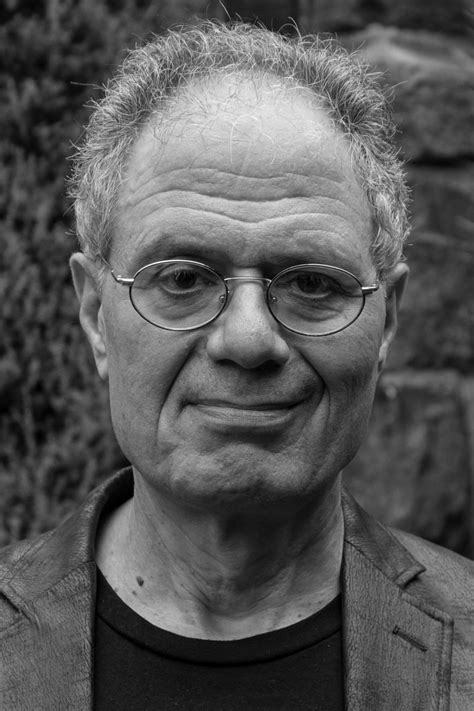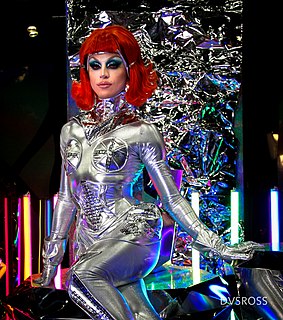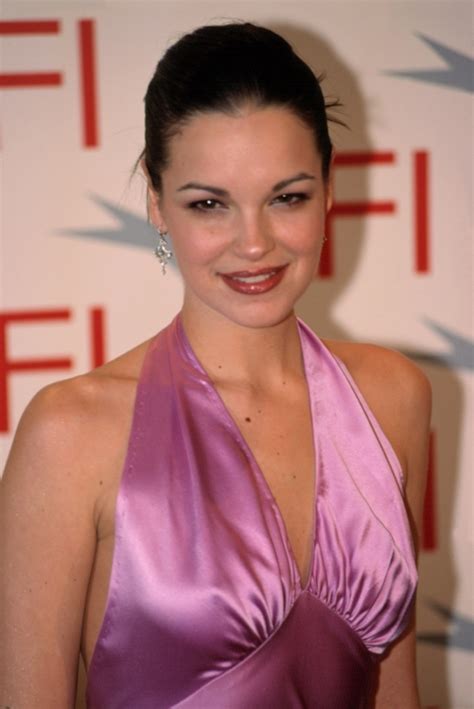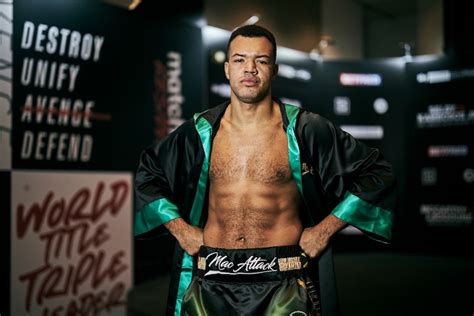A Quote by Mikhail Baryshnikov
A theater is such a revealing form of art, such a transparent and good actors, they're such powerful individuals. I always kind of dreamt that one day I will open my mouth on stage.
Quote Topics
Related Quotes
The condition of the theater is always an accurate measure of the cultural health of a nation. A play always exists in the present tense (if it is a valuable one), and its music -- its special noise -- is always contemporary. The most valuable function of the theater as an art form is to tell us who we are, and the health of the theater is determined by how much of that we want to know.
It's a certain kind of human compact that obviously you lose as soon as there is a screen and a camera there, so I think we'll always have theater. I think theater will always be a powerful force because we need that human touch, particularly as we spend more and more time with machines, cell phones, computers we start to lose our humanity.
Poetry is perhaps the oldest art form. We can go back to an age-old idea of naming things, the Adamic impulse - to give something a name has always been an immensely powerful thing. To name something is to own it, to capture it. A poem is still a kind of spell, an incantation. Historically, a poem also invoked: it was a blessing, or a curse, or a charm. It had a motile power, was able to summon something into being. A poem is a special kind of speech-act. In a good poem there's the trance-like effect of language in its most concentrated, naked form.
You can't make theater happen without actors. The actor is the central ingredient in making theater happen. Audiences may come to theaters to see the work of stage managers, directors and producers, but the only people who can communicate theater magic to audiences, through ideas and emotions, are the actors. They are the only ones who can communicate this by themselves, and if necessary, they can get along without you. But you can't make theater without the actor.
Art is not politics. The glory of the novel is that in its essence, it is a democratic form, because it treats individuals as worthy of scrutiny. That alone is a kind of political act. A good novel about a tea party of rich women can be just as galvanizing and important to the soul as War and Peace, so I think it's not really the job of artists to do anything. They can have their opinions as private citizens, but they must continue making their art.
I think film is a world of directors. Theater is a world of actors. Or, theater is for actors as cinema is for directors. I started in theater. Filming is as complete as directing film. In theater, you are there, you have a character, you have a play, you have a light, you have a set, you have an audience, and you're in control, and every night is different depending on you and the relationship with the other actors. It's as simple as that. So, you are given all the tools.
I would make a huge distinction between theater improvisation and film improvisation. There isn't much improvisation in film - there's virtually none. The people that theoretically could be good at this in a theater situation don't necessarily do this in a film in a way that will work, because it's much broader on a stage. But in a movie, it has to be real, and the characters have to look entirely real because it's being done as a faux documentary, so there are even fewer actors that can do that on film.
Cinema is a kind of pan-art. It can use, incorporate, engulf virtually any other art: the novel, poetry, theater, painting, sculpture, dance, music, architecture. Unlike opera, which is a (virtually) frozen art form, the cinema is and has been a fruitfully conservative medium of ideas and styles of emotions.






































